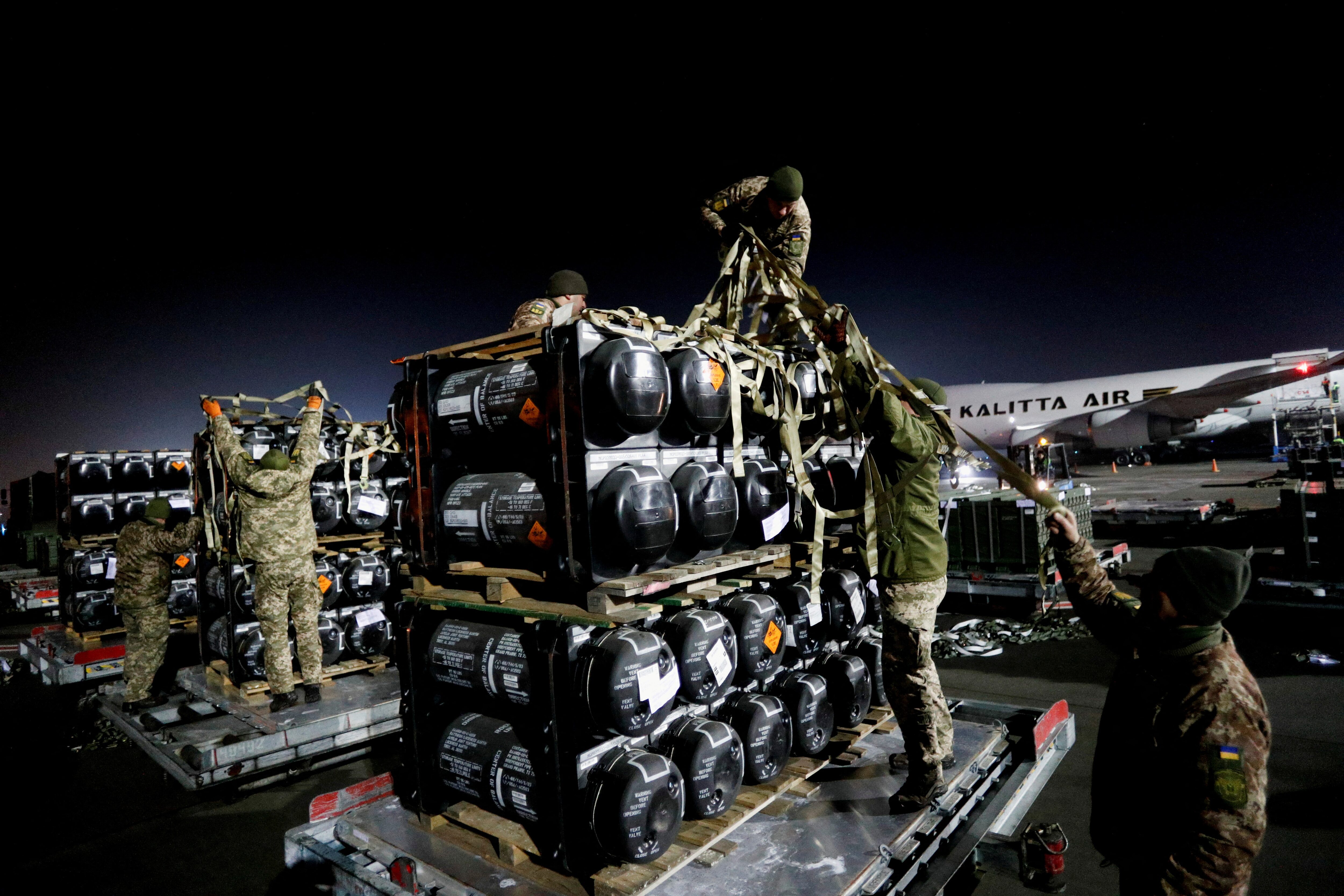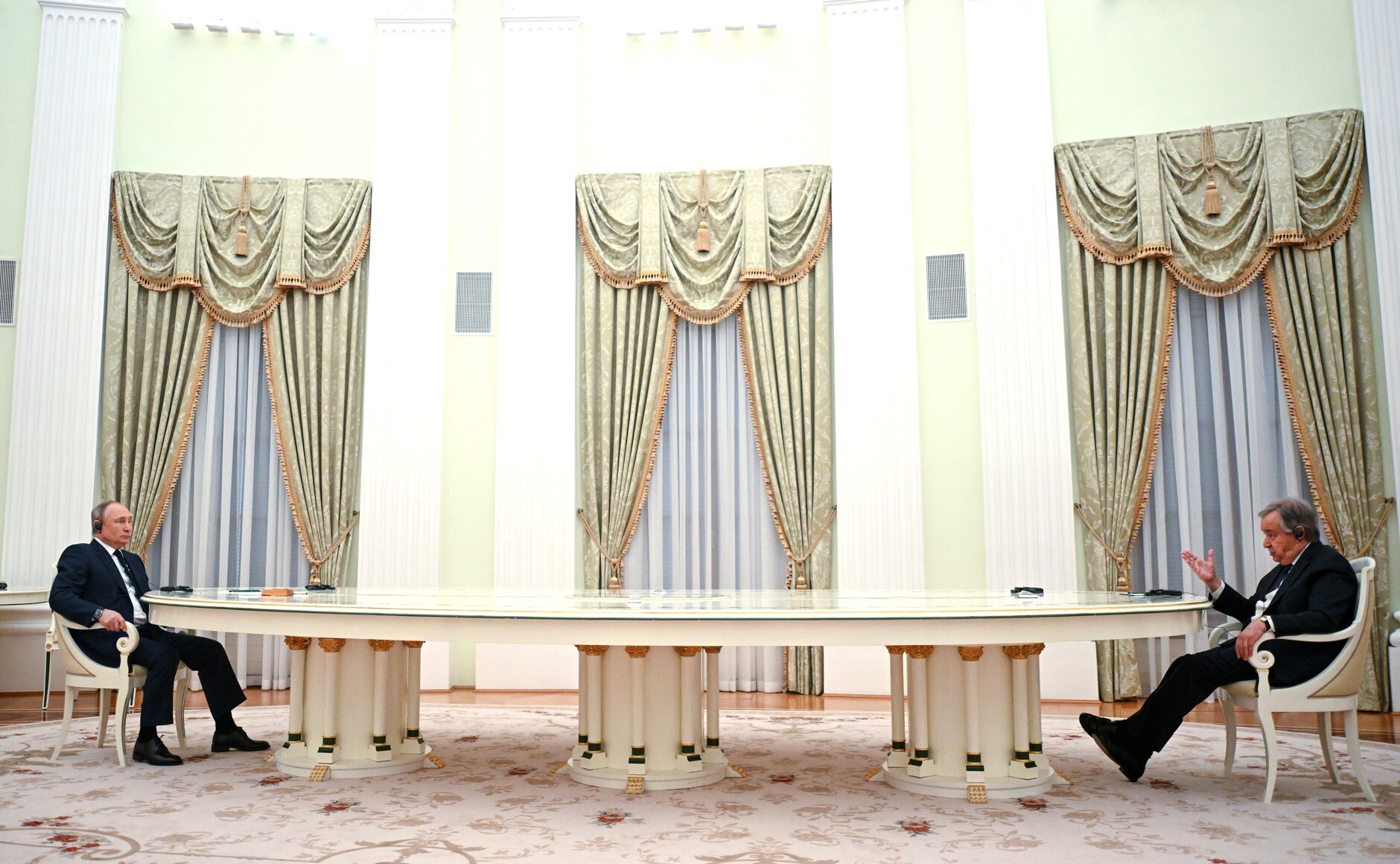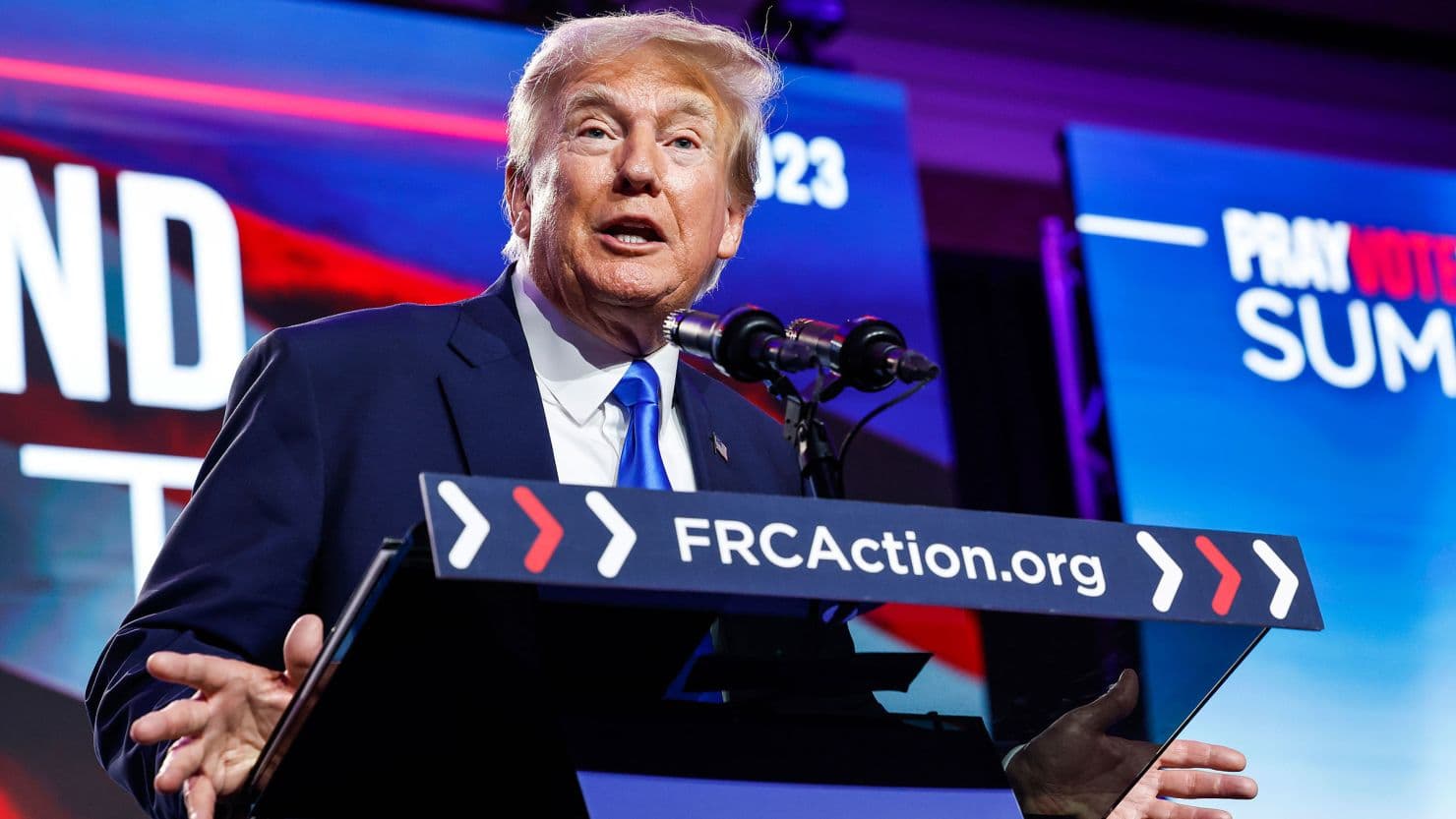President Donald Trump’s latest maneuvering in the ongoing conflict between Russia and Ukraine reveals a troubling mix of desperation and political posturing. Amid heightened tensions and escalating violence, Trump has authorized a shipment of defensive weapons to Ukraine while issuing ultimatums to Russian President Vladimir Putin. This seems less about a newfound commitment to Ukraine and more about salvaging his image as a strong leader facing down an adversary who has repeatedly humiliated him.
Trump"s Shift Signals Political Calculus
For years, Trump maintained a perplexing affinity for Putin, often prioritizing personal diplomacy over the well-being of democratic allies. However, recent developments suggest that his patience has worn thin. According to AP News, Trump expressed frustration, stating that the U.S. has been enduring “a lot of bullshit” from the Russian leader. This shift is not a genuine embrace of Ukraine or a commitment to a transatlantic alliance but rather a reaction to feeling sidelined by Putin’s aggression.
Defensive Weapons Are Not Enough
The recent announcement to send Patriot missile batteries to Ukraine is a significant gesture, yet it underscores a troubling reality. While these defensive systems are critical, they may not alter the war’s trajectory. The U.S. has provided limited military support, with $12.1 billion in security assistance being dwarfed by the scale of the conflict. Just two Patriot batteries have been sent in three years, and now Trump is talking about sending up to 17, a tall order that seems more like a political statement than a robust military strategy.
\n\n
US plans $325 million Ukraine aid announcement for Zelenskiy ...
Political Isolationists and Traditionalists Clash
Trump’s administration is caught in a tug-of-war between isolationist factions and traditional Republicans. Figures like Vice President J. D. Vance and Steve Bannon advocate for distancing the U.S. from Ukraine, while others, including Senator Lindsey Graham, push for a firmer stance against Moscow. This internal conflict complicates U.S. foreign policy and leaves Ukraine in a precarious position. As reported by Stanford FSI, Trump’s hesitance to fully commit to military aid reflects a fear of backlash from his base, many of whom oppose further involvement in foreign conflicts.
Consequences of Trump"s Ultimatums
Trump’s decision to threaten tariffs on Russia if a cease-fire is not reached within 50 days adds another layer of complexity. This proposal, while appearing tough on the surface, is fraught with pitfalls. According to U.S. Defense Department documents, the potential for 500 percent tariffs on countries doing business with Moscow has not yet gained Trump’s full endorsement, highlighting his cautious approach to avoid escalating tensions that could impact energy prices globally.
\n\n
UN chief defends Putin meeting, saying it"s important to speak to thos…
Putin"s Provocation and Trump"s Perception of Power
As the war continues, Putin"s defiance of Trump"s calls for a cease-fire only exacerbates the situation. Trump’s own words reflect a growing realization that his perceived strength is slipping. “I speak to him a lot about getting this thing done,” Trump lamented, only to see missile strikes continue in Ukraine. The ongoing conflict reveals the fragility of Trump’s foreign policy, where personal relationships with authoritarian leaders can lead to dangerous miscalculations.
As the situation develops, it is clear that Trump"s approach lacks the robust support needed for a genuine strategy to counter Russian aggression. His recent actions may placate some factions within his party, but they do little to reassure Ukraine or its allies. The stakes are high, and the implications of Trump"s decisions will resonate far beyond his presidency.



![[Video] Gunfire between Iraqi security forces and Sadr militias in Baghdad](/_next/image?url=%2Fapi%2Fimage%2Fthumbnails%2Fthumbnail-1768343508874-4redb-thumbnail.jpg&w=3840&q=75)
